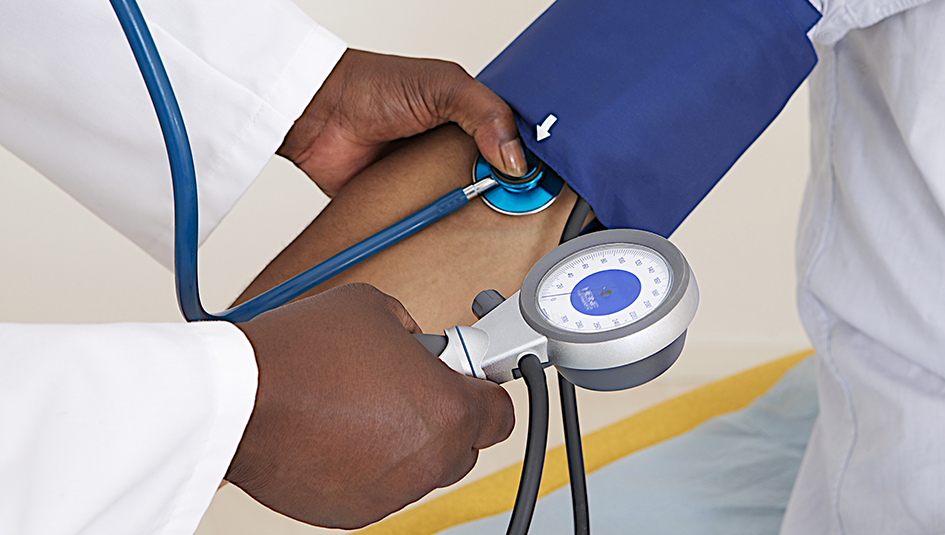Two Vitamins Everyone with Diabetes Should Take: B-Complex & D
With no FDA regulation, people with diabetes are an easy target for false claims about supplements; here is some straight talk

Anyone can claim that their supplement improves insulin resistance or lowers blood sugar levels.
It is true that vitamins and minerals are “micronutrients” that your body relies on to function every day.
- If we eat enough whole foods, we should be getting plenty from our diet
- There are, however, a few vitamins and minerals that people with diabetes often lack.
- There are also a few vitamins and minerals that, when taken in larger amounts, can help prevent or manage complications related to diabetes!
“Micronutrients have been investigated as potential preventive and treatment agents for both type 1 and type 2 diabetes and for common complications of diabetes,” explains research published by the American Diabetes Association.
Let’s take a look…
Vitamin B-Complex
There are a few reasons that people with diabetes benefit from a vitamin B-complex. (Complex implies it’s a combination of several B-vitamins since there are actually 8 essential B vitamins your body relies on.
- B1 (thiamine)
- B2 (riboflavin)
- B3 (niacin)
- B5 (pantothenic acid)
- B6 (pyridoxine)
- B7 (biotin)
- B12 (cobalamin)
- B9 (folate or folic acid)
Support your metabolism
B-vitamins play a critical role in how your body breaks down and uses carbohydrates, fats, and proteins for energy.
Vitamins B1, B3, and B7, for example, help your body breakdown glucose to use it for energy. When you aren’t getting enough of these vitamins, you can also find yourself easily fatigued during exercise, and in general!
If you take metformin…
For patients taking metformin, it’s actually critical that you supplement with B12. (So you might as well take a B-complex and get the other vitamins, too!) Research in 2019 found that patients taking metformin are developing a B12 deficiency.
They’re also found that B12 deficiency can lead to nerve damage that is misdiagnosed as complications from high blood sugars when it’s actually related to long-term metformin use and low B12 levels.
Improve kidney function
A 2010 study from the Journal of American Medical Association found that getting plenty of B vitamins daily improves your kidney function and increases your overall blood flow!
This is true even in those with diagnosed kidney disease, but do keep in mind that the later stages of kidney disease cannot be helped by B-vitamin supplementation.
Talk to your doctor about the safety of a vitamin-B complex for your personal health! Too much of a good thing applies even when discussing vitamins.
Vitamin D
More and more research pinpoints the benefits of vitamin D supplementation, and even though you should get enough of this vitamin through sun exposure, far too many of us don’t get enough.
Sunshine Vitamin
Often referred to as the “sunshine vitamin,” it’s a good idea to supplement with vitamin D even if you think you’re getting plenty of sunshine.
It is estimated that up to 50% or more of us are deficient in D3,” explains Dr. Alex Reeves, neurologist and former professor of neurology at Dartmouth Medical School.
“I advise my patients to dose with 10,000 units (250 micrograms) during the Fall, Winter, Spring months. And 5,000 units during the warm months when we’re getting more exposure to UV rays.”
Vitamin D levels are easy to test, adds Reeves.
“Ideally, vitamin D levels should be above 40 or 50 ng /mL.”
“It has been suggested that 5 to 30 minutes of sun exposure between 10:00 a.m. and 3:00 p.m. at least twice per week on the skin of the face, arms, back, or legs (without sunscreen) is usually adequate for vitamin D synthesis,” explains research published by the American Diabetes Association.
Skin exposed to sunshine indoors, as through a glass window, will not produce vitamin D.”
Improving insulin resistance
Patients with a high risk of developing type 2 diabetes — and those newly diagnosed — tended to have low vitamin D levels, says 2019 research published by the European Journal of Endocrinology.
Supplementing vitamin D in patients with type 2 diabetes showed notable improvements in their sensitivity to insulin and their beta-cell function which means they were able to produce more of their own insulin.
“Evidence indicates that vitamin D treatment improves glucose tolerance and insulin resistance.47,48 Vitamin D deficiency leads to reduced insulin secretion. Supplementation with vitamin D has been shown to restore insulin secretion in animals,” notes other research.
While research has been aware of a connection between low vitamin D levels and type 2 diabetes, it’s still unknown which came first.
Diabetes Predictor?
“The challenge for health care providers and nutrition researchers is to determine whether vitamin D deficiency actually causes or increases the incidence of certain diseases or whether, instead, low levels of vitamin D are simply coincidental given that the majority of the general population, regardless of disease, is likely to have insufficient levels of vitamin D,” explains research published by the American Diabetes Association.
“In other words, do people who develop disease states just happen to be deficient in vitamin D, or do low levels of vitamin D cause the disease? Will supplementation with vitamin D prevent diseases, and can it be used to treat diseases such as diabetes?”
The research adds that what diabetes and vitamin D both have in common is that they are both pandemics. Millions of people struggle with type 2 diabetes and millions struggle with low vitamin D levels. Surely, there’s a connection.
Low vitamin D levels have been shown to be predictive of the future development of type 2 diabetes. One study showed that increasing vitamin D serum levels to normal led to a 55% relative reduction in the risk of developing type 2 diabetes.”
Let’s hope future research is able to identify exactly how this relationship between the two works.
Remember to discuss vitamin D supplementation with your doctor. Vitamin D is a fat-soluble vitamin which means you don’t simply pass excess amounts through your urine. Too much of a good thing can be dangerous!





